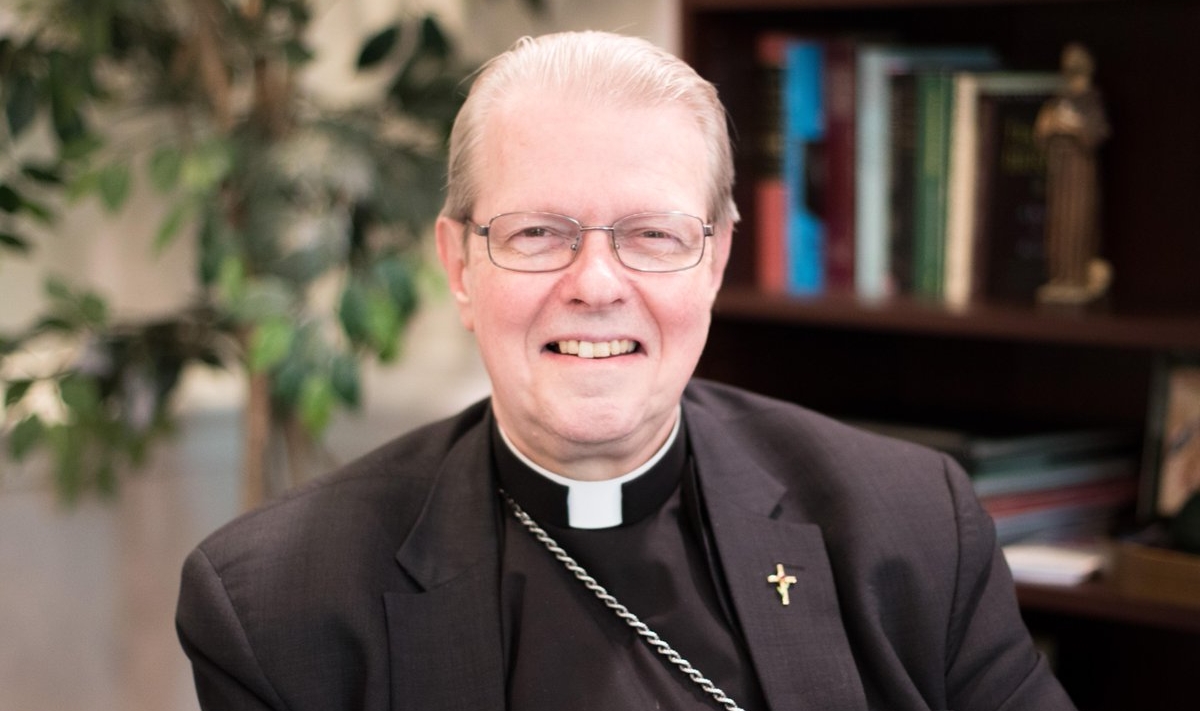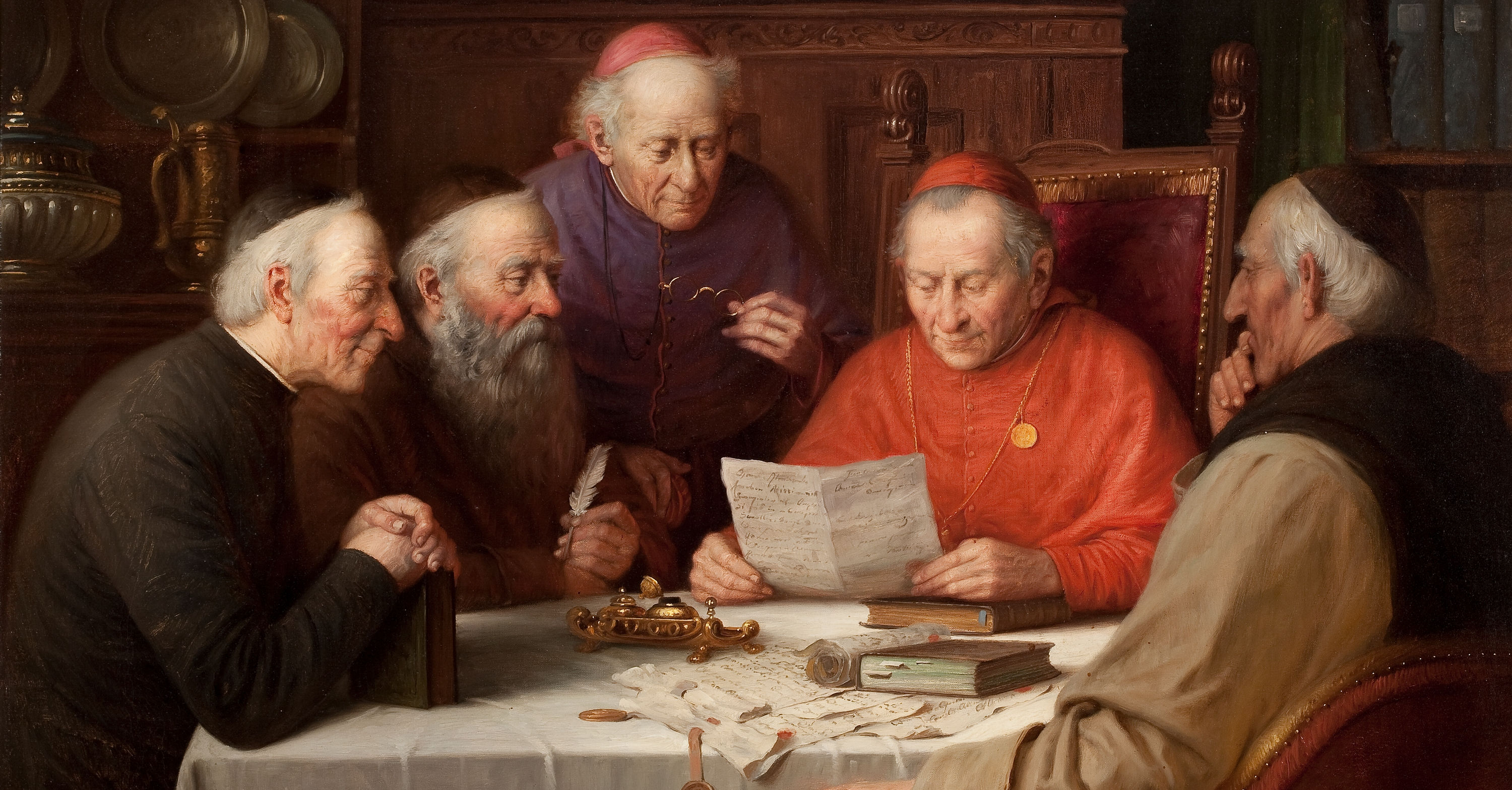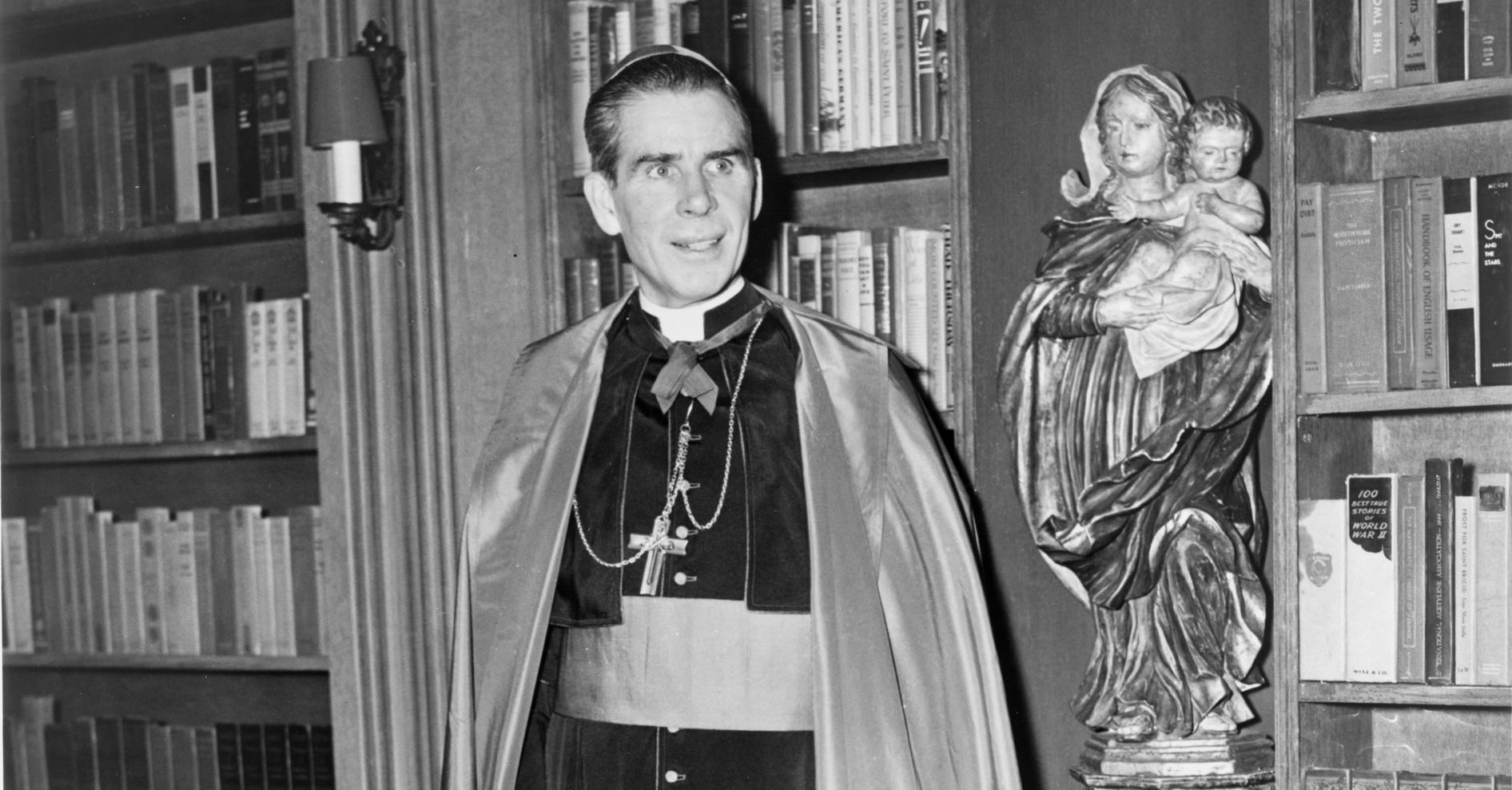Clericalism
BREAKING: Albany Bishop Scharfenberger Calls for Lay-led Commissions
I know I went on a little bit of a rant today about this, so it’s very heartening to see the statement just released out of the Diocese of Albany by Bishop Edward B. Scharfenberger. Here is the whole statement: August 6, 2018 Statement by Bishop Edward B. Scharfenberger of Read more…


